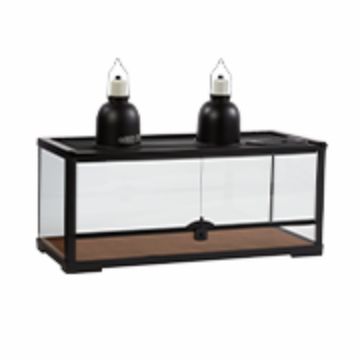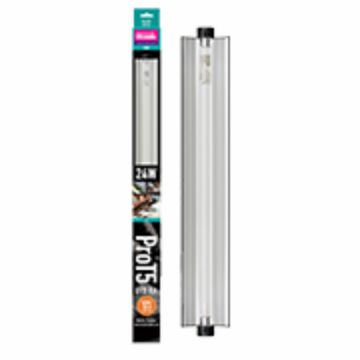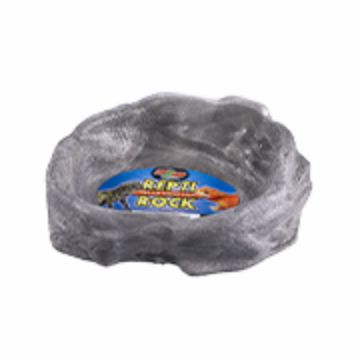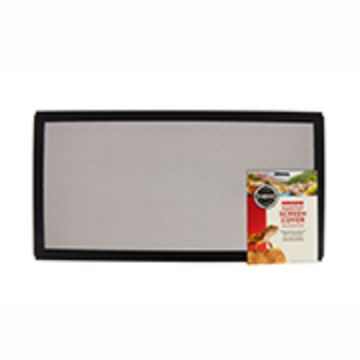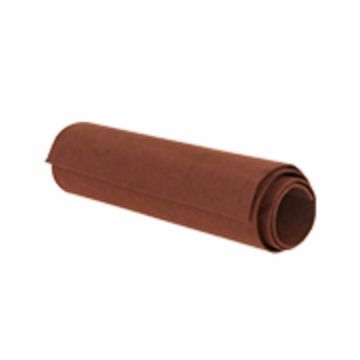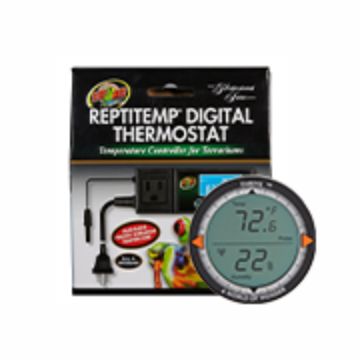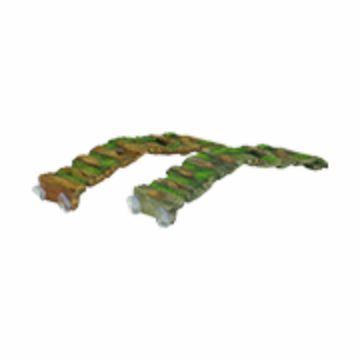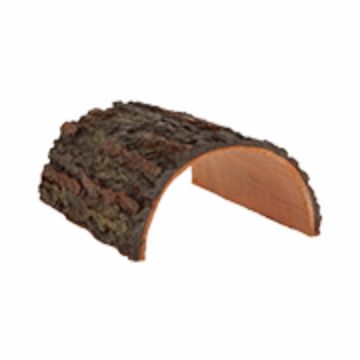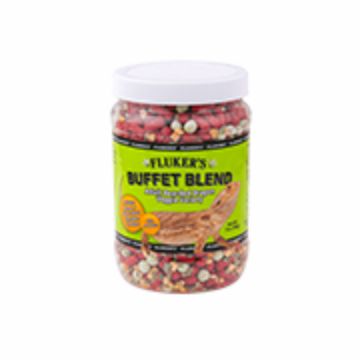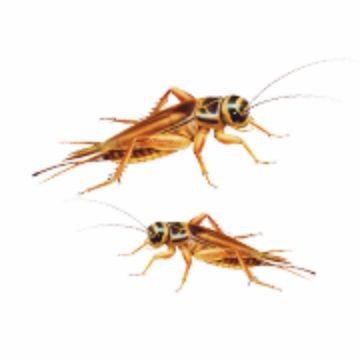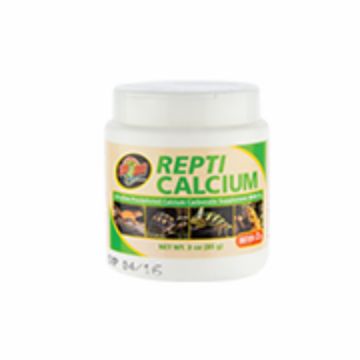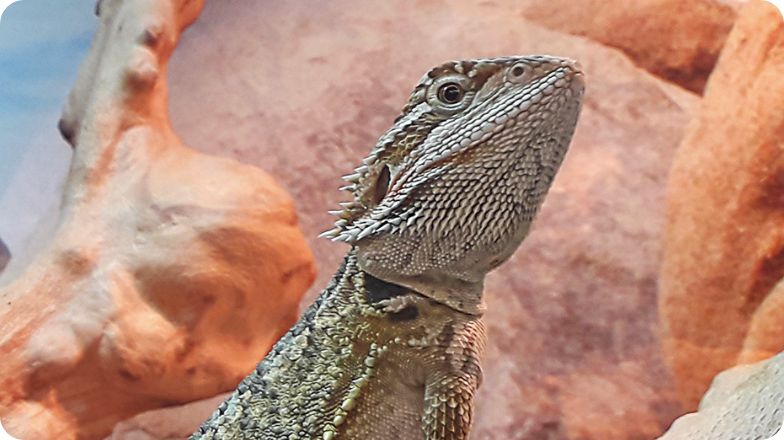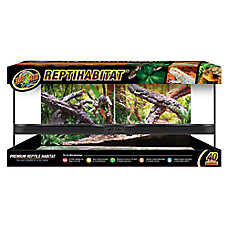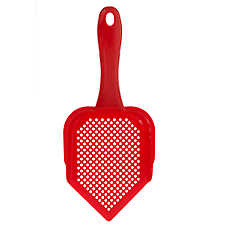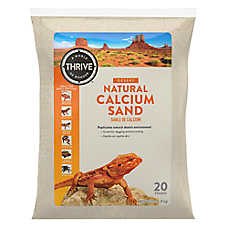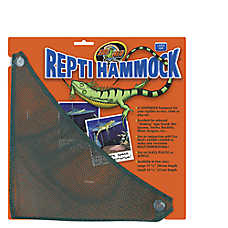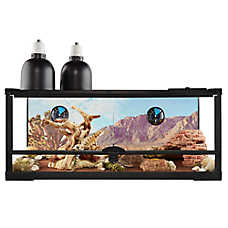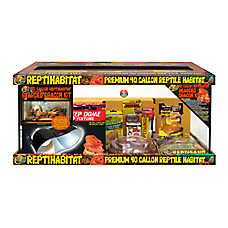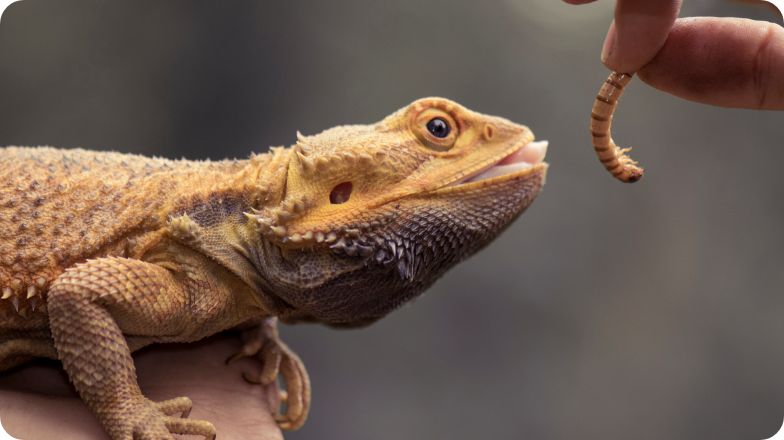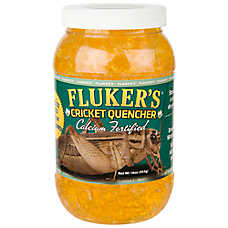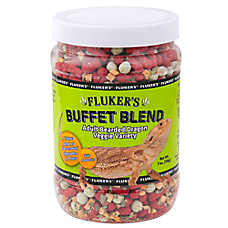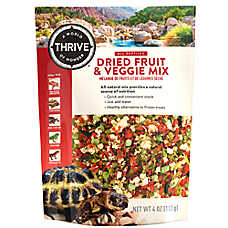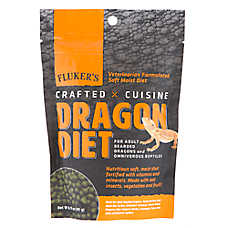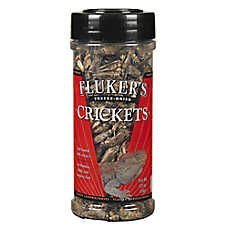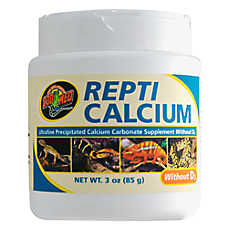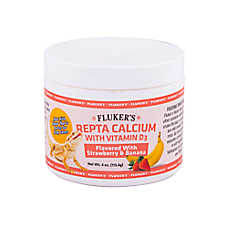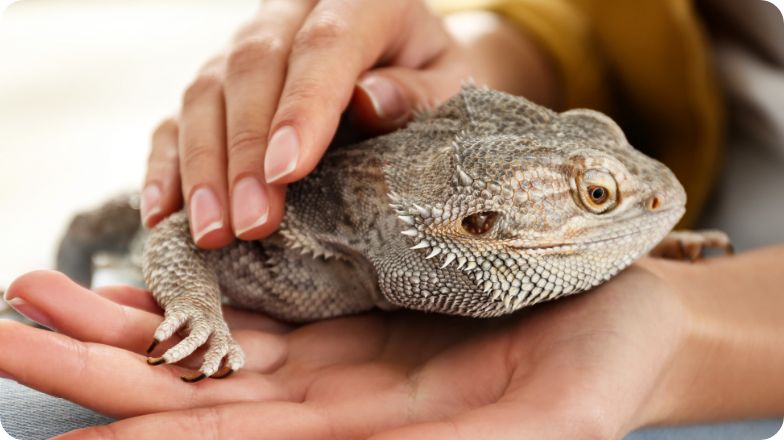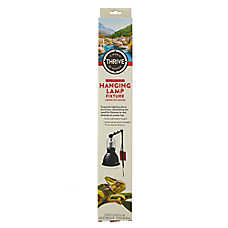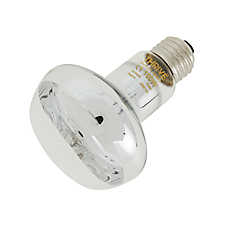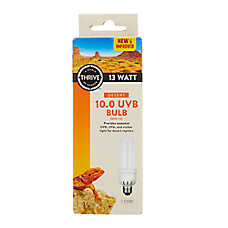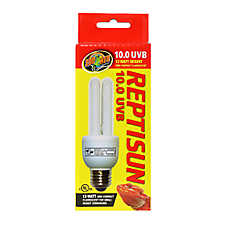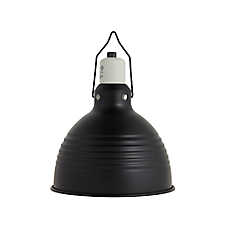Cold blooded & so cool
Shopping Checklist
How do I set up a terrarium?
Reptile carpet or tile
Reptile carpet or tile is best for bearded dragons. Remove droppings as needed. Clean at least every other week.
Temperature gradient
Bearded dragon terrariums require a temperature gradient (a cool side and a warm side). Add thermometer(s) and a hygrometer to monitor temperature and humidity. Mist your bearded dragon daily with a warm water spritz to maintain humidity.
UVA/UVB bulb
Reptiles require a 12-hour day/night cycle. A UVA/UVB bulb will help your bearded dragon absorb calcium.
Driftwood or rock to climb
Add driftwood or rock to climb a little closer to heat source. Add a few branches for hiding and climbing.
Need more information?
For more information, consult PetSmart's "Reptile & Amphibian Heating & Lighting" and "Setting Up a Reptile or Amphibian Habitat" Care Guides.
Temperature gradient
Create a cool side and basking spot in the habitat for your reptile.
Habitat Setup
What do bearded dragons eat?
Young bearded dragons are omnivorous while mature bearded dragons are mostly herbivorous.
Young bearded dragons are omnivorous (approximately 50% insects and 50% plant matter). As they mature, they will eat more vegetables and transition to mostly herbivorous (approximately 90% plant matter).
Insects
Gut-loaded insects (crickets or dubia roaches) 1x daily. Mealworms, superworms & waxworms in small amounts.
Supplements
Dust food with a calcium/Vitamin D3 powder: 4-5x a week (juveniles); 2-3x a week (adults). Dust food with a multivitamin 1x a week (juveniles); 2x a month (adults), or as directed by your veterinarian.
Vegetables
Fresh dark leafy greens, carrots, squash and peas can be offered daily.
Fruits
Fruits like melons, berries and citrus can be offered once a week.
Prepared diets
Bearded dragon pelleted food, moistened with water, can be offered daily.
Water
Change daily and provide at all times.
Bearded Dragon Diets
When to contact my vet?
In addition to regularly scheduled appointments, contact your reptile vet
Care & Health
Reptile Care
Help support your pet's best life.






